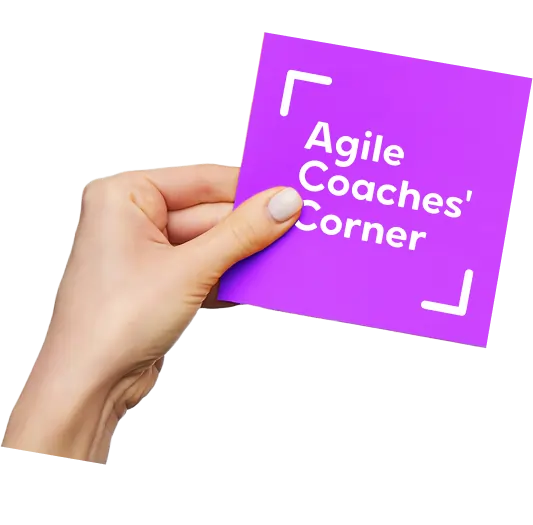6 min read
August 25, 2022

Ep. 265
Agile
Description:
This week, Dan Neumann and Justin Thatil are joined by Rich Hundhausen for the second part of a deep conversation about Nexus. Rich is a software developer, Professional Scrum Trainer, and co-creator of the Nexus Framework for scaling Scrum.
In this episode, they dive deep into how to deliver value in the form of a working integrated increment of product, the role of the Integration Team, and the characteristics of each Nexus Event. They share valuable stories exemplifying how Nexus works for an improved scaling experience.
Key Takeaways
Scale Scrum is still Scrum (plus additional features).
The Nexus Integration Team is not in the original Scrum framework.
The Integration Team is actually the Nexus’s Scrum Master. This team is responsible for ensuring that Scrum is followed as established in the Scrum Guide and that its work is effective.
The Integration Team works in a Scrum way by coaching, facilitating, teaching, and mentoring, but not hands-on (unless absolutely necessary). The Scrum Team’s Developers do the work.
The Integration Team does not do the integration, but it is accountable for it.
Integration can mean lots of different things.
Integration means solving any kind of dependency.
The Nexus Integration Team does not have to meet daily but only when required.
Everyone on the Integration Nexus Team has a daily job on the Scrum Teams and/or is the Product Owner, so when something does not go as planned, they bring it to the attention of the Integration Team when possible.
The Nexus Events:
First Event: Nexus Sprint Planning. This event aims to take another look at the upcoming work to ensure the organization of Teams and consider any last-minute changes. Big Room Planning takes place during this stage. All the planning at this moment is only for the current sprint (never beyond that). The output for the Nexus Sprint Planning is the Nexus Sprint Backlog for each Team, and the goal is to make any dependencies transparent to mitigate them daily.
Scrum of Scrums: Scrum Team members are allowed to talk at any given moment.
Second Event: The Nexus Daily Scrum. It is a Scrum of Scrums that occurs before the Daily Scrum. At this mandatory event, dependencies and integration issues are discussed.
Third Event: The Nexus Sprint Review is where Stakeholders give feedback on the done increment but in a big room event. This event is the time to share feedback on potential cross-team work.
The Last Event: The Nexus Sprint Retrospective. This event is an opportunity for the Scrum Team to inspect and adapt how they work, first through a pre-meeting with the representatives, then Teams have their individual retrospectives, and after, representatives meet again to make transparent any new experiments or improvements so the bottom-up intelligence can then be shared with the other Teams.
There are around 60 complementary practices to Nexus (but none are new).
Mentioned in this Episode:
Listen to “Continuous Learning: Professional Scrum Facilitation Skills Training with Patricia Kong” and “The Nexus Framework for Scaling Scrum with the Scrum.org Team”
Want to Learn More or Get in Touch?
Visit the website and catch up with all the episodes on AgileThought.com!
Email your thoughts or suggestions to Podcast@AgileThought.com or Tweet @AgileThought using #AgileThoughtPodcast!

Share this content

Dan Neumann
Principal Enterprise Coach
undefined Articles
Dan Neuman is the Director of the US Transformation and Coaching practice in the Agility guild. He coaches organizations to transform the way they work to achieve their desired business outcomes.
With more than 25 years of experience, Dan Neumann is an experienced Agile Coach with a deep knowledge of Agility at the team and organizational levels. He focuses on achieving business outcomes by shifting both mindset and practices, resulting in a disciplined, yet practical approach to solving problems.
